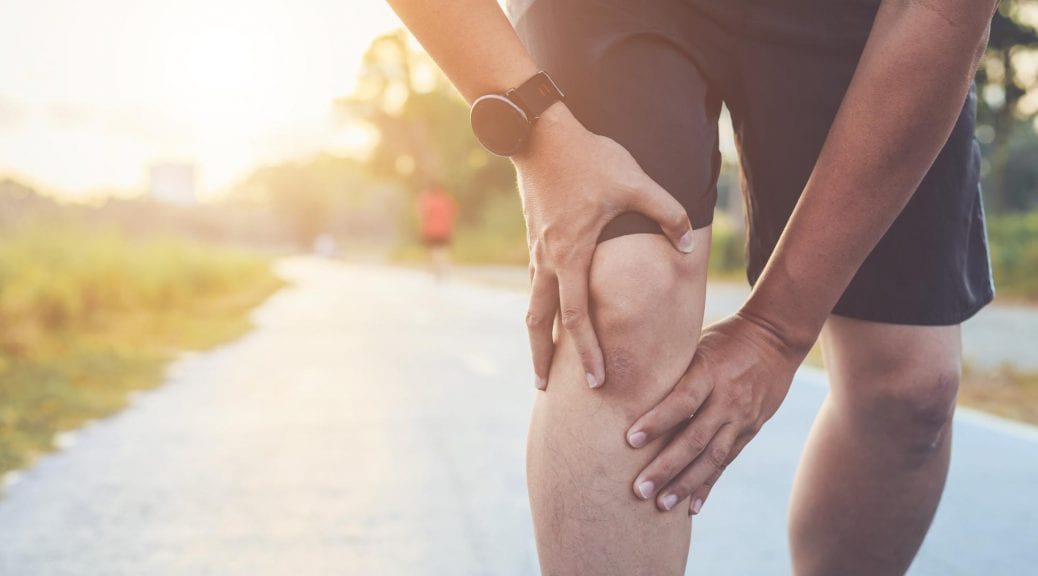Whether you’re new to working out or if you exercise regularly, it’s likely that you’ve experienced some form of pain. When it comes to fitness, the saying “no pain, no gain” is commonly used, and while there is some truth to this, it’s also essential to stay in tune with what your body needs. Sometimes it can be difficult to distinguish when your body should rest and when you should push through the pain to achieve your fitness goals. Because each body is unique, there’s no one size fits all answer when it comes to exercising through pain, so we urge you to review the following factors to decipher when to keep going and when you should rest.
Check-in with your body
Many athletes credit pushing past the pain of working out to create a breakthrough in their fitness goals. Both weight-bearing and cardiovascular exercise inflict stress on the body to help build endurance and strength. While exercising, some of the immediate “good” pain you may feel is commonly referred to as “the burn,” or you may become winded. It’s important to check in with your body throughout your workout, as you may also feel a burning sensation if your form is incorrect, which can lead to injury. It’s also important to slow down or rest if you feel lightheaded or dizzy while exercising.
Exercising through pain: when to keep going
After a workout, it’s normal to feel sore. Soreness is a product of microtears that allow your muscles to become stronger and larger. While it may feel like you are too sore to do anything after a particularly strenuous workout, it’s OK to exercise. In many cases, exercising may actually help you feel less sore. Pain after working out, including soreness or mild joint pain, can also be lessened or avoided by decreasing your resistance, the number of reps, or adjusting your form.
Exercising through pain: when to rest
Any “burn” you may feel while working out should be gradual and subside after the workout concludes. This means that any sudden, sharp, or persistent pain acts as a sign that it’s time to stop. This type of pain indicates injury or possible injury and can occur with overuse or incorrect form. If you experience any nagging, sharp, or sudden pain, take some time to rest, ice the area, and take an over-the-counter anti-inflammatory medication. If the pain persists after this recovery period, it may be time to contact a specialist at Paris Orthopedics. You should also consider contacting us for:
- Pain that prevents you from moving a body part or decreases your range of motion.
- Pain in an area that was previously injured or where you’ve had surgery before.
- Pain that accompanies deformity or massive swelling.
- Constant pain or pain that worsens in severity.
- Pain that also has pressure or bruising in the area.
- Intense pain that causes nausea or vomiting.
- Pain that is accompanied by fevers and chills.
- Pain that interferes with your sleep or keeps you up at night
Avoiding painful exercise
The best way to avoid exercise-induced injuries is to start at your own pace and skill level and check with your doctor before starting a new exercise program. If you’re new to working out, it’s probably not a good idea to jump straight into CrossFit. Take time to learn the proper form in all activities, and then slowly increase the intensity, resistance, or duration of your workout over time. If you have past injuries, be mindful of certain exercises that may be too hard on your body. Activities like swimming, Pilates, or yoga are low impact but can still target the whole body. Whenever you start a new exercise program, we recommend that you start with an instructor to help ensure that you’re practicing with the correct form.
Consult an Orthopedic Specialist
The team at Paris Orthopedics and Sports Medicine is dedicated to helping our patients recover from a wide range of orthopedic conditions. Our services include general orthopedic medicine, joint replacement, sports injury treatment, and osteoporosis treatments at our bone health clinic. If you have questions about pain while exercising, call (903) 737-0000 to make an appointment.


